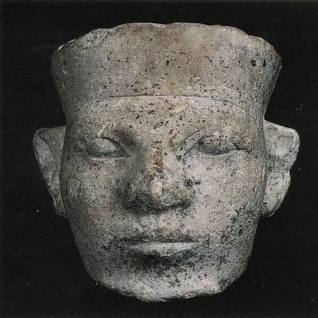
David Olusoga is a well-known British presenter cum historian. But he is a problem. There needs to be some serious analysis. The immediate issue is his show ‘Africa Turns the Page’. As a history of African literature this is a disaster. He has neither a historical understanding nor literary understanding. When he talks about the history of a period there is no sense of time and place in his narrative.
His basic temporality is all upside down making Soyinka a follower of Achebe when they were distant contemporaries with at that time, 1960s, strongly differing perspectives. He is lost in the narrative of Africa’s contribution to the world of literature…yawn. Whose world?
Firstly, he mentions ‘Africa’ but his story focusses on English language writing and what one might call the British Commonwealth. All the great French speaking writers are ignored or overlooked. None of us at the time ignored Sembane Ousman, Aime Cesaire, Camara Laye, Nurrudin Farah, Lewis Nkosi, Peter Abraams et al. None of whom even merit a passing mention. Pre-colonial writing is ignored.
So what we have in Olusoga is an adoption of a shallow British cultural perspective. He talks as if from an external gaze but also as if belonging. A subtle corruption. There is a dangerous claimed space for ‘internationalism’ as if one could escape an African identity and achieve a ‘global’ cultural identity. Where he stands as he interviews is problematic in itself and un-self-critical.
In many ways this show is a celebration of celebrity which is a special form of broadcasting, a pleasant form of popcorn. A poor way to understand literature. In the 1970s the African literary world had its own standards. We all knew that Tchicaya Utamsi was the finest contemporary poet regardless of the fact that he was hardly known in the West. His status in the African literary world is recognised by the creation of an African literary prize in his name.
There were many writers who won prizes in Europe who are now completely forgotten and who never had any status among the writers. Yesterdays flowers only fit for today’s dustbin. Now we have the celebration for celebrity’s sake, your cultural importance directly reflected in the state of your celebrity. There is an implication that Olusoga reflects African critical opinion – far from it. This is pathetic.
Most damaging for this show is the omission of Alexandre Dumas and Alexander Pushkin from the historical context.
There is a vacuum in Black African intellectual leadership and Western institutions are happily filling the void. These elected intellectual leaders are most often technically astonishingly weak. If they are held out to a younger generation as an academic model, they are a disaster all except for those students who just want to become a celebrity. The US takes this approach to the nth degree. To be a famous Black scholar in the US is probably prima facie evidence of shoddy scholarship.
The power of broadcast media means that nonsense can become established truth overnight.
At a later time, we shall provide that criticism.

